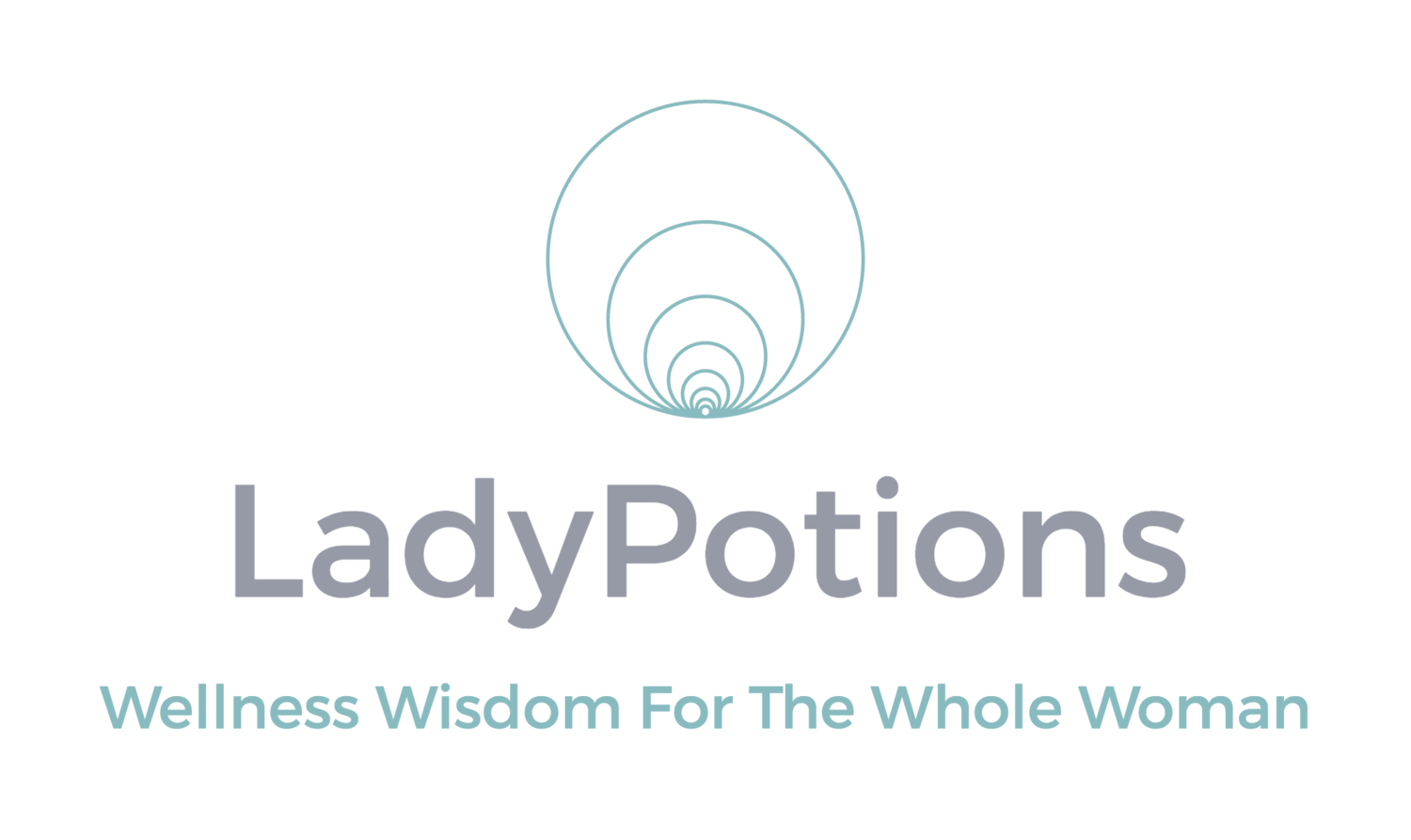We touched on why miscarriage rates are so high and why the public has false perceptions about it being a rare event. He spoke about how his research has even uncovered a way to find out if the cause of a miscarriage was chromosomal even years after the fact in some cases. He explained the differences in PGD and PGS testing when using IVF and when and for whom it might be highly beneficial. We also spoke about MTHFR gene mutation, and what it really means in regards to treatment strategy and further testing. We even touched on his work with stem cells and the potential they have for one day helping women who experience premature ovarian failure to overcome this devastating diagnosis. He explained new ways to treat endometriosis and preserve fertility and new ways to diagnose PCOS.
Takeaway:
[1:15] Dr. Williams completed his M.D. and Ph.D. training in Molecular Biology and Biochemistry at the Mount Sinai School of Medicine before continuing to the Brigham and Women’s Hospital/Massachusetts General Hospital for his residency in Obstetrics and Gynecology. After completing his fellowship in Reproductive Endocrinology and Infertility at Weill Cornell, Dr. Williams then did a post-doctoral fellowship in RNA biology in the laboratory of Dr. Thomas Tuschl at Rockefeller University.
[1:45] Dr. Williams has also achieved success in federally-funded research projects in several different areas of study, having received numerous NIH grants to support his work. Currently, as part of an NIH R01 grant, Dr. Williams is engaged with a research project intended to use placental RNA as a screening tool for diseases and complications of pregnancy, to enable early intervention, and to provide insights into disease pathogenesis for things like pre-eclampsia.
[4:35] Dr. Williams works with couples and doctors all over the world, and the research that he and his colleagues find benefits those all over looking for answers on fertility.
[5:16] The PEARL Program that Dr. Williams started stands for Program for Early and Recurrent Pregnancy Loss. It is one of the only centers in the world that is both clinically focused, and a basic/translational research program dedicated trying to understand what causes unexplained miscarriages and trying to find ways methods to prevent them in the future.
[12:22] One of the realities of human reproduction is that is a very inefficient process. Of the eggs that get fertilized, very few result in a live birth.
[19:22] Dr. Williams explains the difference between PGD and PGS testing when using IVF, and who may benefit from these tests.
[26:54] We cover the MTHFR gene mutation and antiphospholipids, and what it really means in regards to treatment, strategy, and further testing.
[32:45] Dr. Williams explains the work on helping the brain to produce its own FSH (follicle stimulating hormones) which is the bodies own version of that hormone compared to traditional injections with his CORAL IVF which is an oral IVF requiring only one shot instead of 30.
[41:23] Dr. Williams shares the new ways to treat endometriosis and preserve fertility and new ways to diagnose PCOS.
[45:27] Diet is, of course, important to overall health, but also very important to pregnancy success. There are some factors that lead to Dr. Williams’ recommending a diet low in carbs and sugar.
[46:12] Egg freezing has become successful, but the challenge is that often women are thinking about freezing their eggs in their 20’s when the eggs have already lowered in quality. And fertilized eggs freeze better than eggs which require a partner.
[49:58] Once you are trying to conceive (and of course through all of the process), make sure to support each other. It’s a tough journey and you want to be going through it together.
Take the Fertile Minds Meditation challenge and see what a fertile mind feels like. Each day you’ll receive access to a 15 minute guided meditation designed to yield more clarity and calm no matter where you are on your path to building a family.
If you are feeling frustrated and wish you could experience feeling more patient this challenge is for you.
If you are finding yourself resentful and want to feel empowered instead this challenge is for you.
If you are feeling lost and overwhelmed with all things fertility and long to be more centered during the process of striving for a family this challenge is for you.
If you’ve wanted to add meditation to your self care routine but had no idea where to start this challenge is for you.
You'll learn how to shift your attention from the future to the present moment helping you to feel more fulfilled and patient with the process, your life, your partner and maybe even God.
You won't know though until you commit to the challenge. I'll be there with you every step of the way, one complete menstrual cycle, until it becomes your new favorite habit. Meditate, Listen, Trust, Repeat
References:
Fertile Minds on LibSyn
Fertile Minds on iTunes
American Board of Oriental Reproductive Medicine
Dr. Zev Williams
Dr. Zev Williams Bio
Columbia University Department of Obstetrics and Gynecology
Efficient Differentiation of Steroidogenic and Germ-Like Cells from Epigenetically Related iPSCs Derived from Ovarian Granulosa Cells
FMR1 targets distinct mRNA sequence elements to regulate protein expression
Nytimes.com/2015/11/26/health/progesterone-may-not-help-women-with-history-of-miscarriages-study-finds
Huffingtonpost.com/science-of-us/miscarriage_b_8000760.html?ncid=txtlnkusaolp00000592
Wsj.com/articles/solving-the-mystery-of-miscarriages-1434389396
Columbiaobgyn.org/profile/s-zev-williams-md
Ncbi.nlm.nih.gov/pubmed/26000502
Nyp.org/enewsletters/advances/2018/gynecology/2018-Advances-Gynecology-Issue1.html
Continue Your Journey:
Link to sign up for free 29-day meditation challenge
@ladypotions4u on Twitter
@ladypotions4u on Instagram
Disclaimer *
You must not rely on the information in this podcast as an alternative to medical advice from your doctor or other professional healthcare provider. If you have any specific questions about any medical matter you should consult your doctor or other professional healthcare provider. If you think you may be suffering from any medical condition you should seek immediate medical attention. You should never delay seeking medical advice, disregard medical advice, or discontinue medical treatment because of information on this website or in this podcast.

